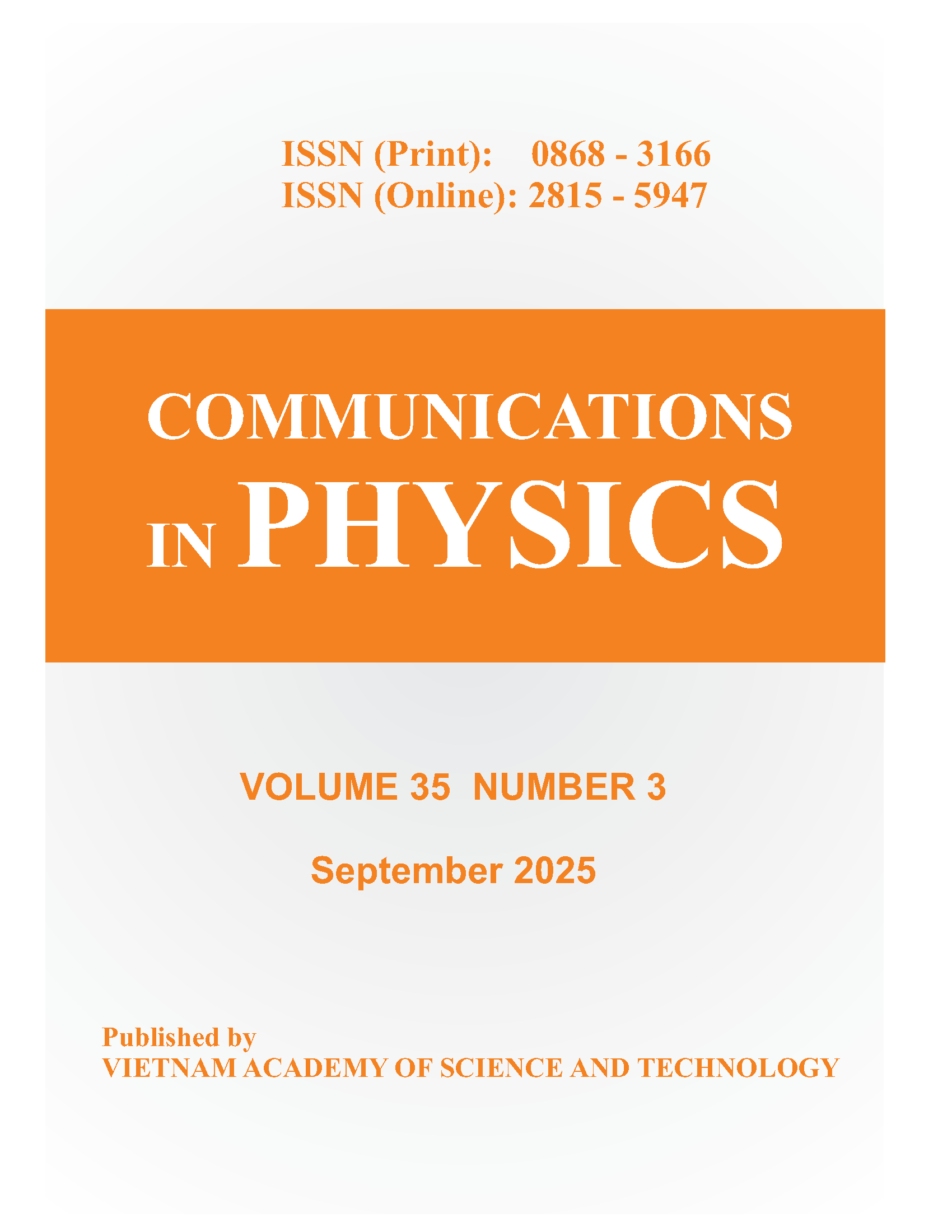Effect of Spontaneous Polarization Charges on the Electron Mobility in ZnO Surface Quantum Wells
Author affiliations
DOI:
https://doi.org/10.15625/0868-3166/19/4/6403Keywords:
two-dimensional electron gas, surface quantum wellAbstract
We present a theoretical study of the effect due to spontaneous polarization of ZnO on the low-temperature mobility of the two-dimensional electron gas (2DEG) in a ZnO surface quantum well (SFQW). We proved that for the O-polar face this causes an attraction of electrons by the positive charges bound on the surface, while for the Zn-polar face a repulsion of them far away therefrom by the negative bound charges of the same magnitude. Accordingly, surface roughness scattering is drastically enhanced in the former case, but reduced in the latter one. Therefore, the low-% temperature 2DEG mobility in ZnO SFQWs with O-polar face is found to be dominated by surface roughness. Our theory was illustrated for the sample prepared by bombardment of the O-polar face by 100-eV hydrogen ions. The surface roughness scattering enables an explanation of the 2DEG mobility, especially, the reason of low values for the mobility in the dependence from the carrier density which has not been understood when starting from impurity scattering.Downloads
Downloads
Published
How to Cite
Issue
Section
License
Communications in Physics is licensed under a Creative Commons Attribution-ShareAlike 4.0 International License.
Copyright on any research article published in Communications in Physics is retained by the respective author(s), without restrictions. Authors grant VAST Journals System (VJS) a license to publish the article and identify itself as the original publisher. Upon author(s) by giving permission to Communications in Physics either via Communications in Physics portal or other channel to publish their research work in Communications in Physics agrees to all the terms and conditions of https://creativecommons.org/licenses/by-sa/4.0/ License and terms & condition set by VJS.











